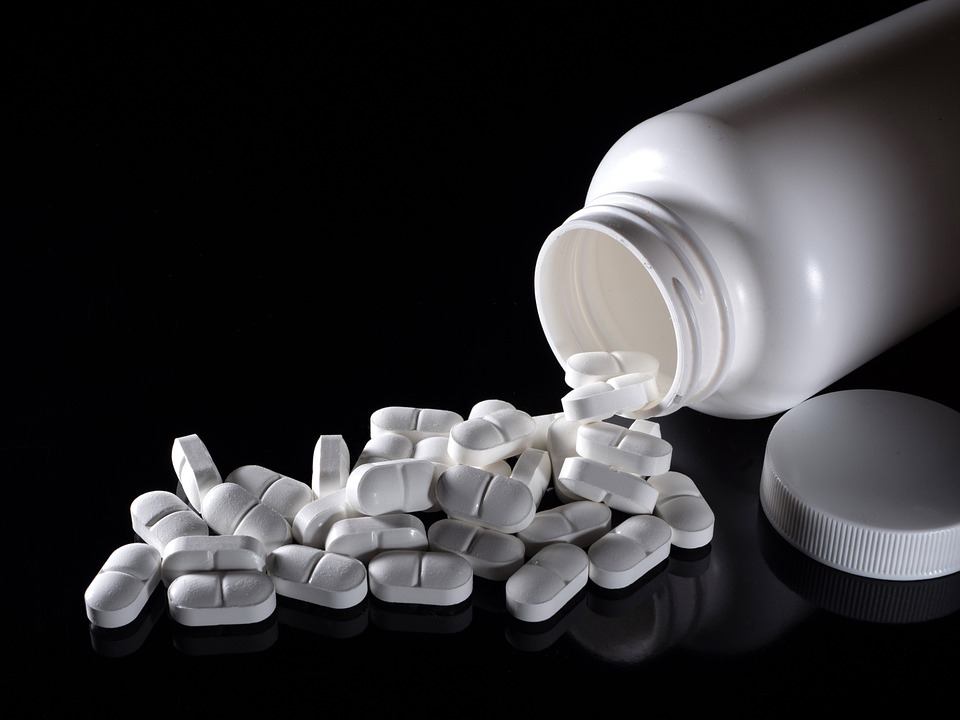Prescription drug abuse refers to using medications in a way other than what your physician has recommended. For instance, taking high doses of central nervous system (CNS) depressants like alprazolam can pose serious risks to your health. This could potentially result in Xanax overdose.
People typically abuse medication to relieve pain, stay awake, get high, or fit in their social circle. Because of its pleasurable effects, they continue to seek drugs and feed their addiction despite its consequences.
While prescription drug abuse affects all age categories, it is troubling to see a spike in the cases of Xanax abuse among teens in recent years. Hence, early intervention is necessary to prevent this problem from getting worse.

What is Xanax?
Xanax—or its generic version alprazolam—is a medicine used to treat anxiety and panic disorders. Belonging to a type of medication called benzodiazepines (benzos), it usually comes in a tablet or concentrated liquid solution.
How does it work? When the neurotransmitter in the central nervous system known as GABA (gamma-aminobutyric acid) attaches to its receptors, it produces a calming effect on the brain and reduces tension and anxiety.
Before the doctor prescribes this to you, they need to know if you have pre-existing conditions. This helps you avoid experiencing hazardous drug interactions. Therefore, it is highly advisable to follow your doctor’s prescription to avoid physical dependence, or worse, Xanax overdose.
Side Effects of Xanax
No matter how soothing Xanax’s effect is, your body could still get overwhelmed if you take more than your prescribed dosage. Some of the immediate effects of Xanax medication are the following:
- Drowsiness
- Light-headedness
- Headache
- Tiredness
- Dizziness
- Irritability
- Urge to talk all the time
- Inability to focus
- Nausea
- Constipation
You may also notice the following changes in behavior among Xanax abusers:
- Not being able to stop taking the drug
- Showing no interest in the things they used to be passionate about
- Engaging in more risky behavior
- Using other drugs with Xanax
- Extreme elation or happiness
- Lying to get Xanax
Xanax Overdose Symptoms
Taking an excessive amount of Xanax can potentially lead to overdose. While this isn’t always fatal, it can cause severe damage to the brain and organs. Hence, you need to call emergency services if you see someone exhibiting the symptoms such as:
- Trouble breathing
- Blue-tinted lips or fingernails
- Confusion
- Impaired motor skills
- Mumbling or slurred speech
- Slowed reflexes or reaction times
- Fast heartbeat and irregular heart rhythms
- Hallucinations or delusions
- Seizures
- Chest pain
- Loss of consciousness
- Coma
Can You Overdose on Xanax, and Is It Deadly?
Yes, you can overdose on this medication, and mixing it with alcohol or other drugs can be deadly.
Xanax overdose amount varies from person to person, but it usually depends on your age, weight, pre-existing conditions, and drug metabolism rate.
A recent study shows that 16 percent of overdose deaths involve opioids and benzodiazepines. Xanax is one of the most popular types of benzos.
Simultaneously taking opioids and benzodiazepines can be dangerous as they both suppress the person’s breathing. This is the primary cause of overdose fatality besides impairing cognitive functions.
For this reason, both prescription drugs have the Food and Drug Administration (FDA) “black box” warnings on their labels to highlight the dangers of using them at once.
Xanax Overdose Reversal and Treatment

If you or a loved one shows symptoms of Xanax overdose, call for help immediately. It would be best to receive emergency care in a hospital, for monitoring until you’re stable.
Doctors may administer medications like Flumazenil to treat Xanax overdose. This drug can reverse the sedation and respiratory depression brought about by the drug. While some controversy revolves around its use (for instance, it potentially causes seizures), a study shows that it is safe and effective.
Depending on the severity of the overdose, doctors may also perform life-saving measures. They will pump the individual’s stomach to eliminate the rest of the substance from the body. If the patient is experiencing severe breathing problems, a breathing tube will be placed on their mouth to hold the airway open.
Intravenous fluids may also be used to stabilize the individual’s hydration and blood sugar levels, preventing seizures or cardiac arrest.
What to Do If You Are Addicted to Xanax
To address the underlying factors that resulted in your substance abuse, you need to undergo treatment. Although there are different kinds of treatment, their goals are all the same. They aim to:
- Overcome withdrawal symptoms
- Treat co-occurring mental health illnesses, such as anxiety or panic attacks.
- Identify the causes of your substance abuse problem
- Learn coping skills to sustain your recovery even after leaving the treatment facility
Your treatment plan may include the following:
Medical Detoxification
Xanax withdrawal can be lethal if not treated under the supervision of a medical professional. That said, it is best to undergo medical detox to wean off Xanax safely.
This minimizes the negative impact of withdrawal symptoms and makes the experience as comfortable as possible. During detox, drug dosage is tapered off gradually until you no longer need to use the substance.
Therapy
Aside from detoxification, you also need to attend therapy. The most common approach used for Xanax addiction is cognitive-behavioral therapy (CBT).
CBT also focuses on learning the roots behind your substance abuse problem. Working with a therapist allows you to establish a set of healthy coping mechanisms that you can apply in your daily life.
Medication and other Holistic Methods

You may be given antidepressants, beta-blockers, and other medications to alleviate your withdrawal symptoms. Additionally, yoga, meditation, acupuncture, and massage therapy can help relieve stress and promote healing.
What is Xanax used for? It originally intends to treat anxiety and panic disorders, but some people tend to abuse it because of its euphoric effects.
Anyone that struggles with prescription drug abuse finds it challenging to maintain a sober lifestyle. After all, continued use makes you dependent on the “high” the drug provides.
However, it is important to understand that drug addiction can be detrimental to your relationships, productivity, and health. To avoid Xanax overdose, you need to get professional help from a trusted addiction treatment center.
Roots Through Recovery understand your struggles. Our team of treatment specialists offers extensive resources to overcome your addiction. We have different programs that can be customized to meet your unique needs. To get started on your rehabilitation journey, contact us now!





